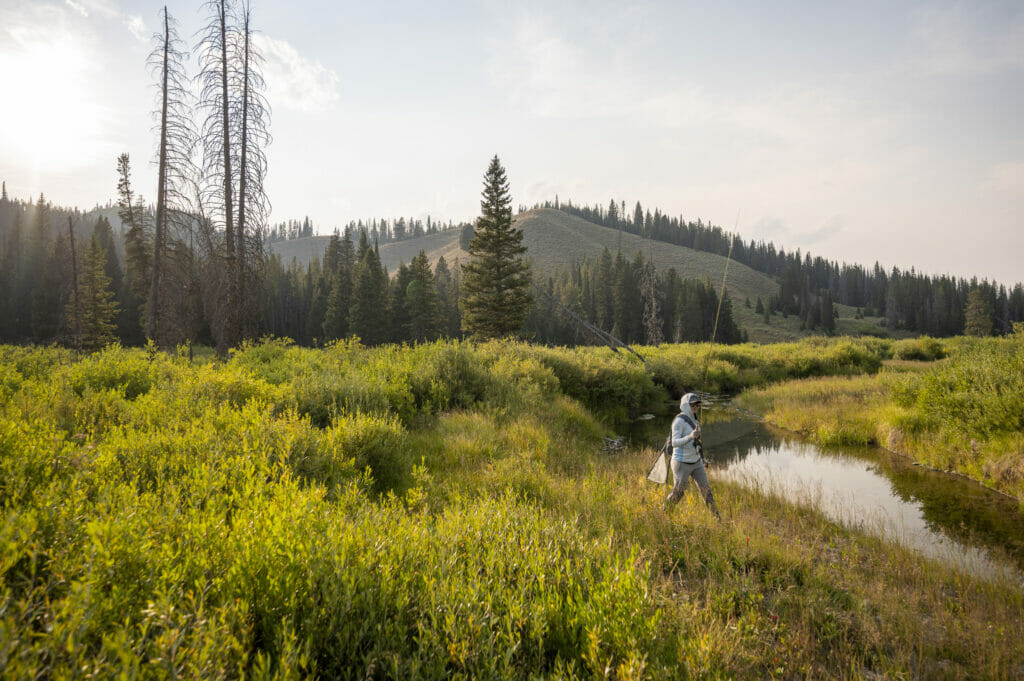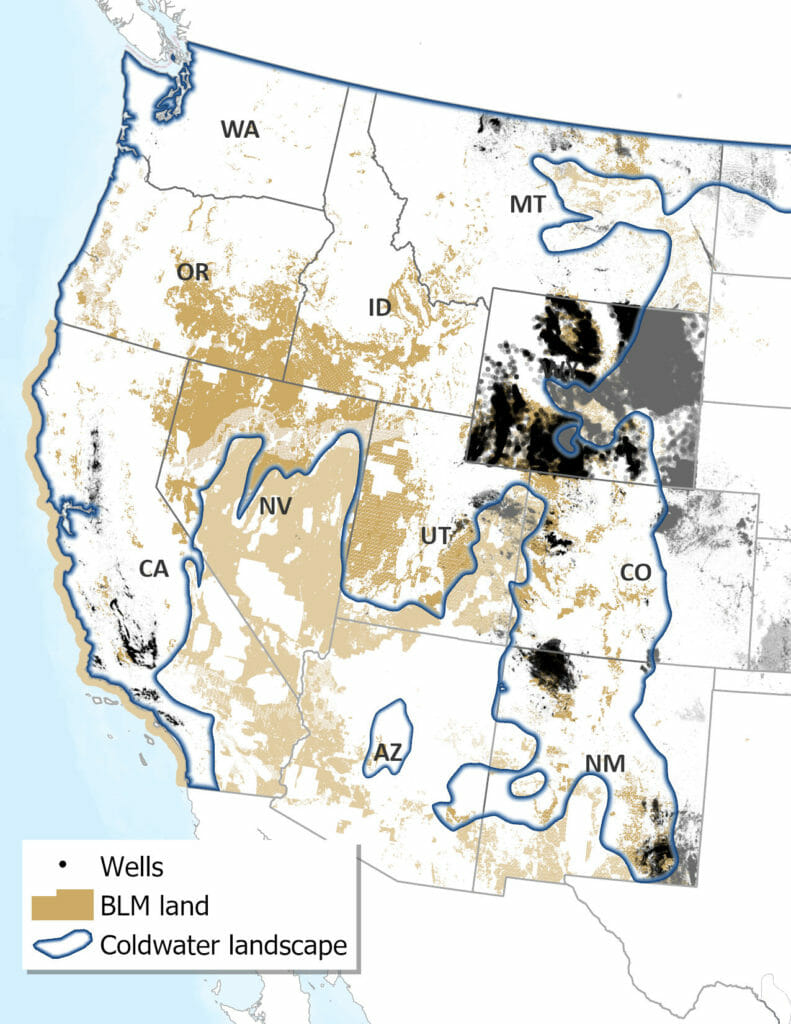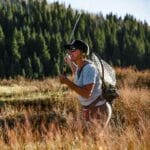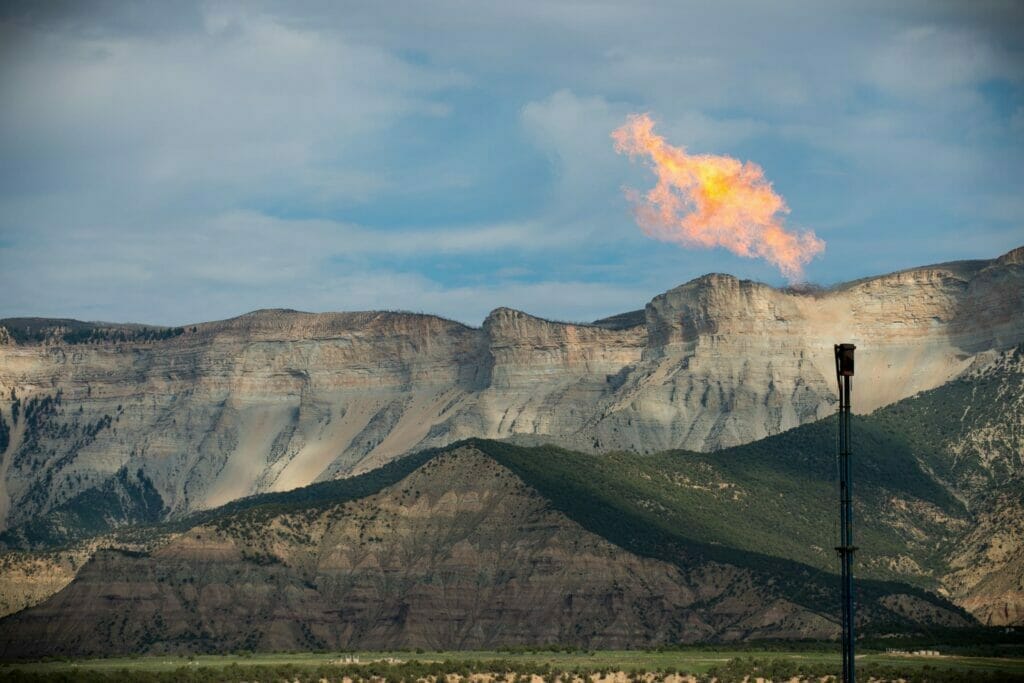As originally printed in the Casper Star Tribune
Public land, natural resource use or development, and wildlife are all integral parts of our culture and livelihoods in Wyoming. After a century of trying to balance the protection of Wyoming’s people, water, air, land and wildlife with the impacts and benefits from energy production, we’ve learned a lot. We want to leverage our experiences and hard lessons learned to guide the Biden administration and future administrations’ natural resource management decisions, because these decisions directly impact our members and our communities.

If Wyoming wants to be an “all of the above” energy state, let’s commit to being an “all of the above done responsibly” state. Trout Unlimited, Wyoming Wildlife Federation, and Muley Fanatic Foundation believe we must act quickly and decisively to minimize the impacts from all types of energy production while facilitating the diversification of energy production in a thoughtful, strategic way that prioritizes environmental stewardship and long-term prosperity. We are optimistic that certain energy leasing and development reforms would benefit Wyoming’s people, fish, wildlife, and outdoors culture.
The Bureau of Land Management (BLM) is considering leasing 568,196 acres of Wyoming public land for oil and gas development this winter. Many of these lease parcels are in crucial, sensitive fish and wildlife habitat, so while federal oil and gas leasing ramps up again we encourage Congress and the Biden administration to swiftly advance reasonable oil and gas reforms that will benefit fish, wildlife, and American taxpayers. We look forward to participating in DOI’s review process of the oil and gas leasing program, and are optimistic that it will result in meaningful and lasting reforms. Specifically, we support curtailing noncompetitive leasing because leasing “leftover” public lands for 10-year terms at $1.50/per acre annually no longer provides a reasonable return on investment to taxpayers. The federal government should strengthen oil and gas bonding requirements and work with states to facilitate timely plugging and remediating of abandoned wells and well sites to minimize environmental impacts, prevent future backlog, and keep people working. Lastly, internal and public-facing websites and databases must be updated and improved to optimize program administration and increase public transparency.

Energy production, no matter the source, has a large footprint and impacts our environment. The BLM oversees development of solar, wind, and geothermal energy projects on public lands (in addition to overseeing the oil and gas programs), and there’s an urgent need to set high standards for responsible, low-carbon energy development. Top priorities should include defining priority areas for wind, solar, and geothermal energy then incentivizing development of renewable energy facilities and infrastructure in the areas where fewer impacts to humans and wildlife are anticipated. The BLM can create streamlined development pathways for projects sited in places with high energy potential and low risk to fish, wildlife, and people, while requiring that funds are set aside for mitigating unavoidable consequences. Before this can effectively be done in Wyoming however, the BLM must complete a programmatic environmental impact statement for solar energy development, and should consider updating older plans for wind and geothermal.
Wildlife conservation is principally about leaving this world better than we found it, and it may be one of the few unifying, bipartisan values we have left. Wyoming’s human residents are indeed outnumbered by the state’s big game animals and fish, but our proximity to and familiarity with fish, wildlife, and wide open spaces instills in us a deep connection to the land and the abundance of life it supports. The strong connection to our natural world also facilitates a strong bond between the people who call Wyoming home. Trout Unlimited, Wyoming Wildlife Federation and Muley Fanatic Foundation have a long, revered history of collaborating with one another and of growing with our members and communities as the world changes around us. We look forward to engaging in conversation about the importance of facilitating a bright future through responsible energy development. Trying to do things right is the right thing to do, and trying to be an “all of the above done responsibly” energy state is a worthwhile effort.
Liz Rose is the Wyoming Field Coordinator for Trout Unlimited.
Joy Bannon is the Policy Director for Wyoming Wildlife Federation.
Josh Coursey is the President/CEO/Co-founder of Muley Fanatic Foundation.



